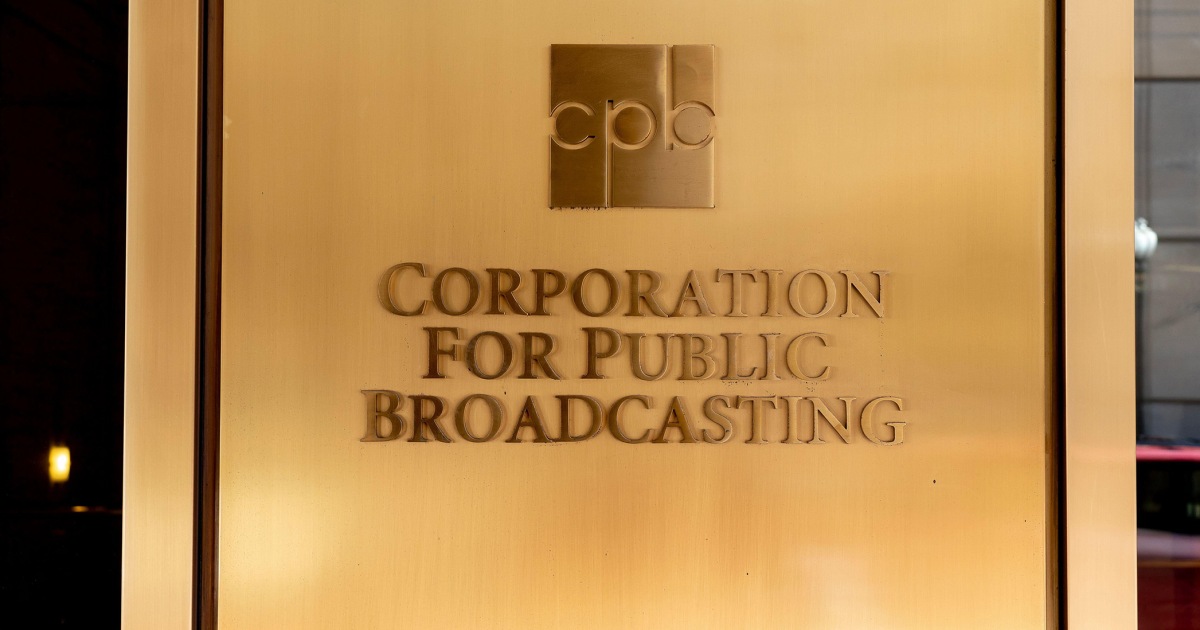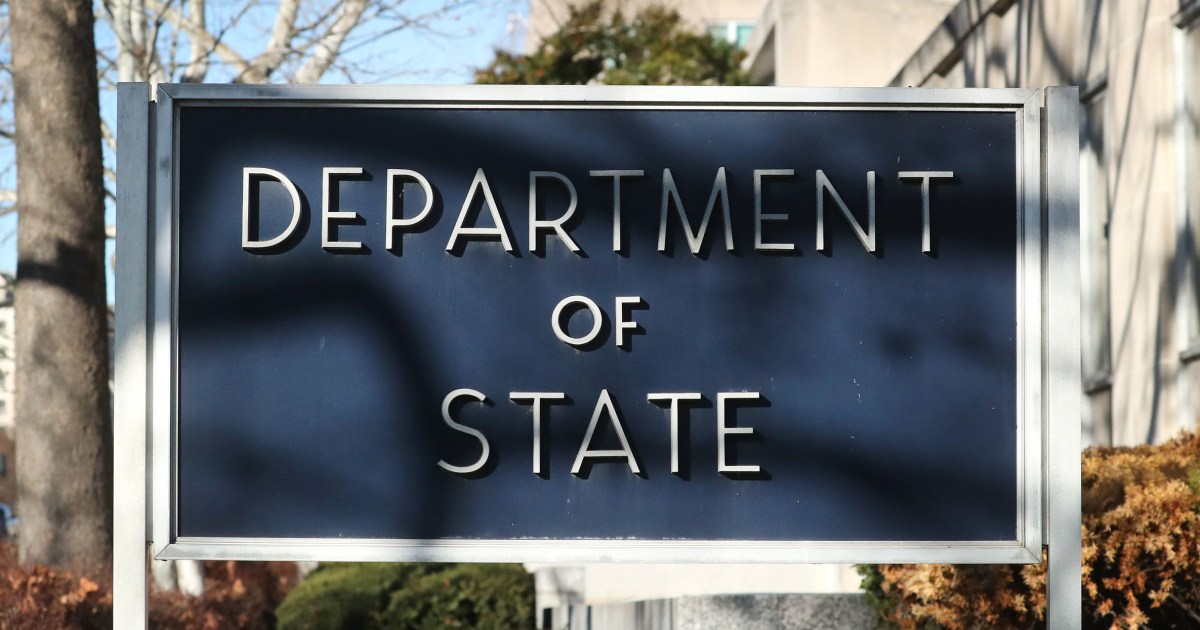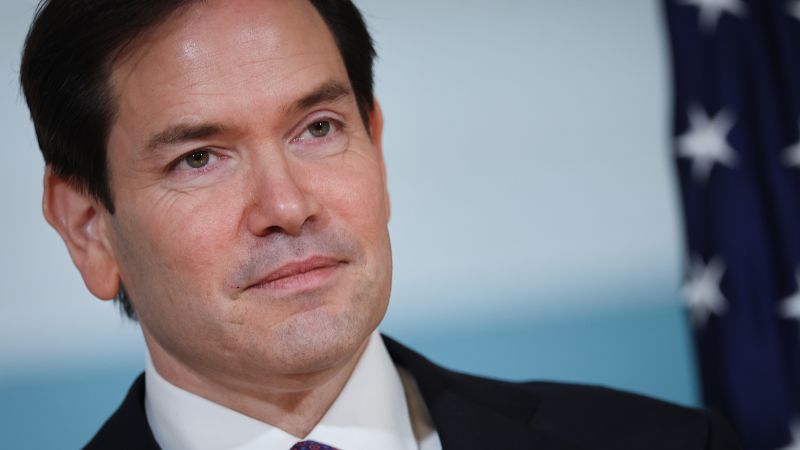New State Department Program Requires Bond for Visa Applicants

Introduction
The State Department recently announced a new pilot program that will require some visa applicants to post a bond of up to $15,000. This decision is aimed at reducing the number of individuals who overstay their tourist and business visas. The program will initially target applicants from countries with high overstay rates, according to NPR. This move has sparked controversy and raised concerns about access to the United States for legitimate visitors and the impact on tourism and business.
Key Details
The bond requirement is not new. The State Department has the authority to request a bond from visa applicants who they believe may overstay their visas. However, this program will expand the number of countries and individuals who will be subject to this requirement. The amount of the bond is significantly higher than the current requirement of $2500. It will be a cash deposit that will be refunded upon the visitor's departure from the U.S. If they overstay their visa, the bond will be forfeited, and they will be subject to removal.
Impact
The pilot program has already received backlash from various organizations and individuals. Critics argue that the bond requirement will disproportionately affect low-income applicants who may not be able to afford such a high deposit. It may also discourage legitimate visitors from applying for a U.S. visa. On the other hand, supporters of the program believe it will effectively reduce the number of people
About the Organizations Mentioned
State Department
The **U.S. Department of State** is the principal federal agency responsible for shaping and executing American foreign policy and diplomacy worldwide. Established in 1789 as the first executive department, it serves as the lead institution for conducting U.S. international relations, advising the President, negotiating treaties, and representing the country in global organizations such as the United Nations[2][3][6]. The department is headed by the Secretary of State, who acts as the President’s chief foreign policy advisor and top diplomat, currently Marco Rubio as of 2025[2]. The State Department's core mission is to **promote and protect U.S. interests abroad** by fostering peace and stability in critical regions, opening foreign markets to create American jobs, and addressing global challenges like climate change, terrorism, nuclear proliferation, human trafficking, and humanitarian crises[1][4]. It manages a vast network of embassies, consulates, and diplomatic missions worldwide, safeguarding American citizens overseas and facilitating international cooperation on economic, security, and environmental issues[5]. A key component closely linked to the State Department is the **U.S. Agency for International Development (USAID)**, created in 1961 to administer economic and humanitarian assistance to developing countries. USAID works to end extreme poverty, promote democracy, improve global health, food security, environmental sustainability, and humanitarian relief, aligning its programs with the State Department’s foreign policy goals[1]. With an annual budget of around $38.8 billion in fiscal year 2024, the State Department plays a critical role not only in diplomacy but also in advancing technological collaboration, international trade, and global health initiatives, making it highly relevant for business and technology sectors interested in geopolitical stability and international partnerships[3]. Notable programs include the Professional Fellows exchange, fostering cross-cultural professional development between U.S. and foreign leaders, highlighting the department’s role in building long-term global partnerships[2]. The State Department continues to adapt in an era of rapi
NPR
National Public Radio (NPR) is a premier American public broadcasting organization headquartered in Washington, D.C., with NPR West based in Culver City, California. It functions primarily as a national syndicator, distributing content to a network of over 1,000 public radio stations across the United States, most of which are owned by non-profit entities such as public school districts, colleges, and universities[1]. Founded in 1970, NPR operates independently of government or corporate control, relying financially on dues and fees from member stations, corporate underwriting, and grants from the publicly funded Corporation for Public Broadcasting. This financial model helps maintain its editorial independence and diverse programming[1]. NPR is best known for its flagship news programs, *Morning Edition* and *All Things Considered*, which are among the most popular drive-time radio shows nationally, attracting weekly audiences of approximately 15 million each. These programs exemplify NPR’s strong reputation for in-depth, factual, and engaging news coverage, appealing to listeners interested in business, technology, and broader cultural topics[1]. Beyond radio, NPR manages the Public Radio Satellite System, which distributes not only its own programming but also content from independent producers and networks like American Public Media and Public Radio Exchange (PRX). It also serves as a primary entry point for the Emergency Alert System. NPR content is widely accessible on demand via online streaming, mobile apps, and podcasts, reflecting its strategic adaptation to digital media trends and the growing podcast market[1][2]. Notable aspects of NPR include its commitment to innovation in public media and its collaboration with leading organizations to navigate challenges such as historic federal funding cuts. NPR’s role in shaping public discourse through trusted journalism and storytelling makes it a vital institution in the U.S. media landscape, especially for audiences focused on business and technology news[1][2].














